Filter by
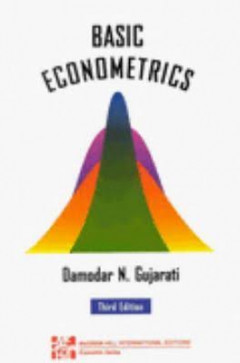
Basic Econometrics
- Edition
- -
- ISBN/ISSN
- 9780070252141
- Collation
- -
- Series Title
- -
- Call Number
- 3
- Edition
- -
- ISBN/ISSN
- 9780070252141
- Collation
- -
- Series Title
- -
- Call Number
- 3
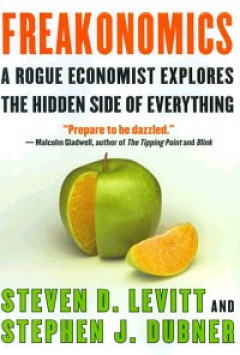
Freakonomics
In "Freakonomics," economist Steven D. Levitt challenges norms with intriguing questions. He explores various aspects of life using data and insights, showcasing how economics is about understanding incentives. Levitt delves into unconventional topics, from crime and cheating to real estate and the Ku Klux Klan. By offering a fresh perspective, the book uncovers hidden truths and presents a new…
- Edition
- -
- ISBN/ISSN
- 9780141019017
- Collation
- -
- Series Title
- -
- Call Number
- 3
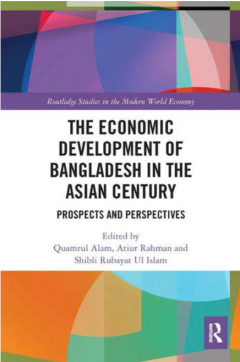
The Economic Development of Bangladesh in the Asian Century: Prospects and Pe…
This book explains the macro-drivers of growth behind the economic development of Bangladesh. Few countries in the developing world have shown as exciting a promise of economic prosperity as Bangladesh. The promising nature of the Bangladeshi economy raises interesting questions pertaining to whether good governance may lead to sustained economic growth. This book looks at the strategic interve…
- Edition
- -
- ISBN/ISSN
- 9780367541965
- Collation
- -
- Series Title
- -
- Call Number
- 3
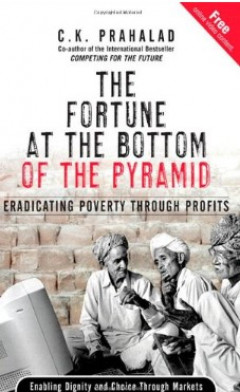
The fortune at the bottom of the Pyramid
Presents the theory that there are commercial opportunities in the poor nations of the world for private companies, and that companies can utilize this knowledge to make profits and at the same time fight poverty.
- Edition
- -
- ISBN/ISSN
- 9780131467507
- Collation
- -
- Series Title
- -
- Call Number
- 3
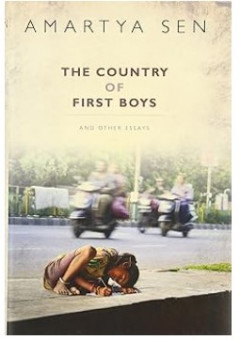
The country of First Boys
Sen's deeply informed and humane writing connects history, culture, literature, economics, and politics. Several of the essays are concerned particularly with India--its historical traditions and the issues it faces today; many--such as his address to the General Assembly of the United Nations in 2004--engage with global concerns. All are written with a passion and conviction, a gently persuasi…
- Edition
- -
- ISBN/ISSN
- 978-0198738183
- Collation
- -
- Series Title
- -
- Call Number
- 9
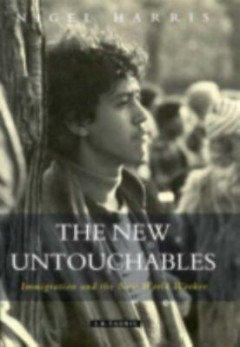
The New Untouchables: Immigration and the New World Worker
Nigel Harris's ground-breaking book examines migration as a response to changes in the world economy. He shows that, despite tighter controls, increasing numbers of workers are moving, whether legally or not, between countries. Unskilled immigrant workers play a vital role in improving standards of living in the developed world. And in turn the countries from which they have come benefit in a m…
- Edition
- -
- ISBN/ISSN
- 978-1850439561
- Collation
- -
- Series Title
- -
- Call Number
- 3
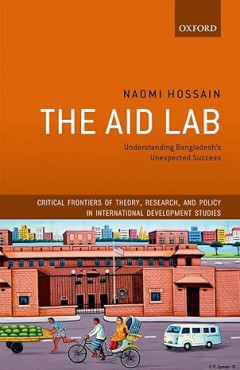
The Aid Lab: Understanding Bangladesh's Unexpected Success
From an unpromising start as 'the basket-case' to present day plaudits for its human development achievements, Bangladesh plays an ideological role in the contemporary world order, offering proof that the neo-liberal development model works under the most testing conditions. How were such rapid gains possible in a context of chronically weak governance? The Aid Lab subjects this so-called 'Bang…
- Edition
- -
- ISBN/ISSN
- 9780198785507
- Collation
- -
- Series Title
- -
- Call Number
- 3

Food Riots, Food Rights and the Politics of Provisions
Thousands of people in dozens of countries took to the streets when world food prices spiked in 2008 and 2011. What does the persistence of popular mobilization around food tell us about the politics of subsistence in an era of integrated food markets and universal human rights? This book interrogates this period of historical rupture in the global system of subsistence, getting behind the head…
- Edition
- -
- ISBN/ISSN
- 9780367352158
- Collation
- -
- Series Title
- -
- Call Number
- 9
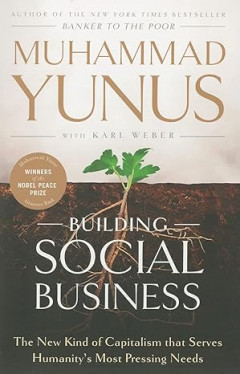
Building Social Business: The New Kind of Capitalism that Serves Humanity's M…
Muhammad Yunus, the practical visionary who pioneered microcredit and, with his Grameen Bank, won the 2006 Nobel Peace Prize, has developed a new dimension for capitalism which he calls "social business." The social business model has been adopted by corporations, entrepreneurs, and social activists across the globe. Its goal is to create self-supporting, viable commercial enterprises that gene…
- Edition
- -
- ISBN/ISSN
- 9781586489564
- Collation
- -
- Series Title
- -
- Call Number
- -